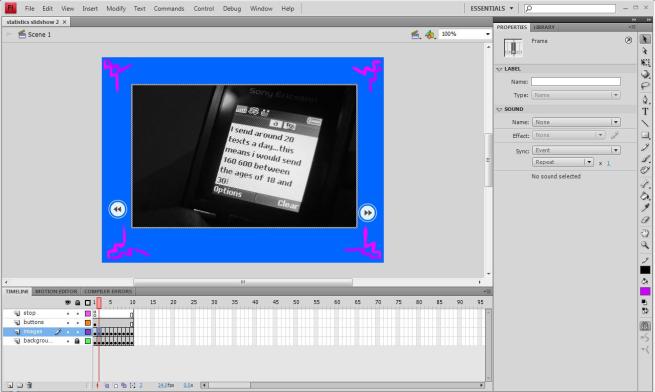Just thought i’d reflect somewhat on what i’ve learnt on convergent media. I’d been aware of the fact that technological advances meant that media was changing i.e. with people watching tv on their laptop, phones etc. but had not considered deeply the changes and the effect that this is having on the media industry.
Especially in terms on the music industry, i do generally have a view that music shouldn’t be downloaded, as i personally like to own something physical. However, the lecture on the music industry in particular has made me take a bit more of an open minded approach, realising that it can be beneficial to artists and labels to accept that convergence can benefit them, and that they may be left behind if they do not embrace this technology.
I have gained much deeper knowledge concerning privacy on the internet, which i hope will make me much more informed when considering entering my detials into a website. It is good to be aware of how social networking sites like Facebook use personal details, for advertising for example, and to have a greater understanding of the internet in general.
I feel that i have gained important skills, using three pieces of software that i have never used before – Photoshop, Dreamweaver and Flash. I always claim that i’m rubbish with computers, and it’s good to have a basic understanding of concepts like HTML and CSS to make me feel more confident when using software. I feel that i used all three programs well enough to create an artefact that eflects just how much experience and technical knowledge i have gained from this module.
The next step for me to improve, i feel, would be to develop my skills especially in Photoshop, which is a basis for much in Media Production, and to be more confident using Dreamweaver and Flash at a higher level. I have also never kept a blog before, and i think that doing so has increased my skills of self reflection, and allowed me to engage at a much deeper level with the issues of convergence, and relate them to my own life.

